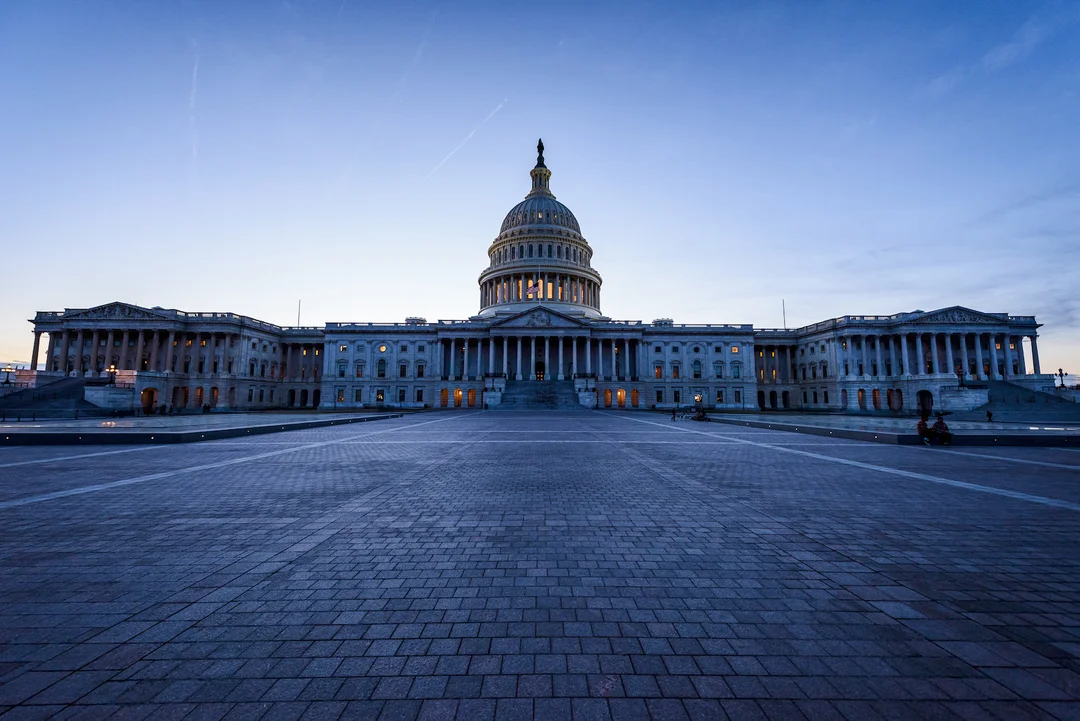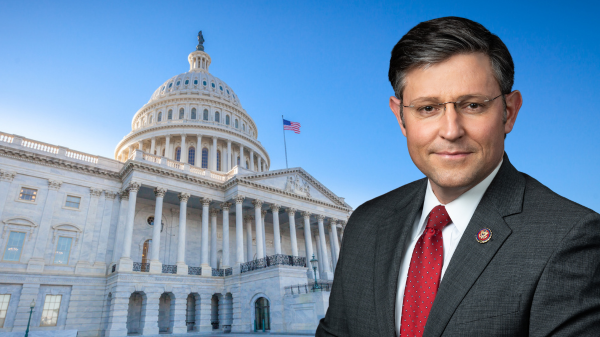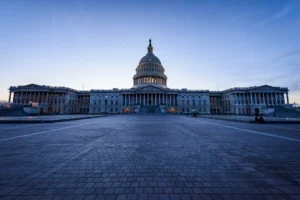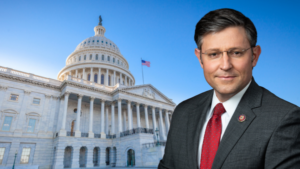A Congressional bill targeting Congress’s first openly transgender member has sparked intense debate about inclusion and rights in the legislative branch. Here’s a comprehensive analysis:
Legislative Developments
- Proposed Restrictions:
- Biological sex requirement
- House member limitations
- Employee regulations
- Facility access rules
- Implementation proposals
- Political Response:
- Democratic leadership opposition
- Speaker Johnson’s stance
- Party line divisions
- Member reactions
- Public discourse
Broader Context
National Implications:
- State-Level Trends:
- 142 related bills in 2023
- 37 states involved
- Healthcare restrictions
- Rights legislation
- Policy patterns
- Historic Precedents:
- First trans state senator
- White House internship
- Convention speaker
- Electoral milestones
- Legislative barriers
Looking Forward
Congressional Policy Impact:
- Congressional Operations:
- Member accommodation
- Workplace policies
- Institutional precedents
- Legislative procedures
- Staff considerations
- Political Implications:
- Party positioning
- Election consequences
- Public perception
- Legislative priorities
- Rights discussions
This legislative challenge to Congress’s first transgender member represents a significant moment in American political history, highlighting ongoing debates about inclusion and rights in public institutions. The response from leadership and colleagues will likely set important precedents for future congressional operations and broader policy discussions.
The situation underscores the complex intersection of historical progress and contemporary political tensions, with potential implications for both institutional practices and national policy debates on transgender rights.











